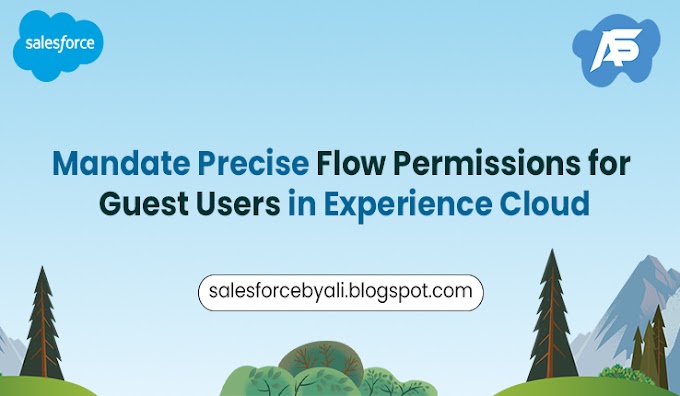Salesforce is a customer relationship management (CRM) software that offers a suite of cloud-based solutions to help businesses manage their customer interactions. Three of the most popular cloud solutions are Sales Cloud, Service Cloud, and Marketing Cloud.
Sales Cloud is primarily focused on sales automation, lead management, and pipeline management. It helps businesses manage their sales process, from lead generation to closing deals. Sales Cloud provides tools for tracking sales leads, automating sales workflows, and managing customer data.
Service Cloud is designed for customer service and support. It helps businesses manage customer inquiries, cases, and tickets, while providing customers with self-service options. Service Cloud provides features such as case management, knowledge base, live chat, and social media customer service.
Marketing Cloud is a comprehensive marketing automation platform that enables businesses to create personalized campaigns and engage with customers across various channels, such as email, social media, and mobile. Marketing Cloud provides features such as email marketing, mobile marketing, social media management, advertising, and journey building.
The main differences between the three clouds are their focus and functionality. Sales Cloud is focused on sales automation, Service Cloud is focused on customer service, and Marketing Cloud is focused on marketing automation. However, there is some overlap in their functionality, such as lead and customer management.
Here are some key differences between Sales Cloud, Service Cloud, and Marketing Cloud:
Focus: Sales Cloud is focused on sales automation and pipeline management, Service Cloud is focused on customer service and support, and Marketing Cloud is focused on marketing automation and campaign management.
Functionality: Sales Cloud provides tools for lead management, pipeline management, and sales forecasting. Service Cloud provides tools for case management, knowledge base, and self-service options. Marketing Cloud provides tools for email marketing, mobile marketing, social media management, and advertising.
Integrations: Sales Cloud, Service Cloud, and Marketing Cloud are all integrated with other Salesforce products, such as Einstein Analytics and Salesforce CRM. However, Marketing Cloud also integrates with other third-party marketing tools, such as Google Analytics and Marketo.
User Interface: Sales Cloud, Service Cloud, and Marketing Cloud have different user interfaces that are tailored to their specific functionalities. Sales Cloud has a dashboard for tracking sales metrics, Service Cloud has a case management interface, and Marketing Cloud has a journey builder interface.
In summary, Salesforce offers three main cloud solutions: Sales Cloud, Service Cloud, and Marketing Cloud. Each cloud has its own focus and functionality, with some overlap in lead and customer management. Understanding the differences between these clouds is important for businesses to choose the right solution for their needs.





0 Comments